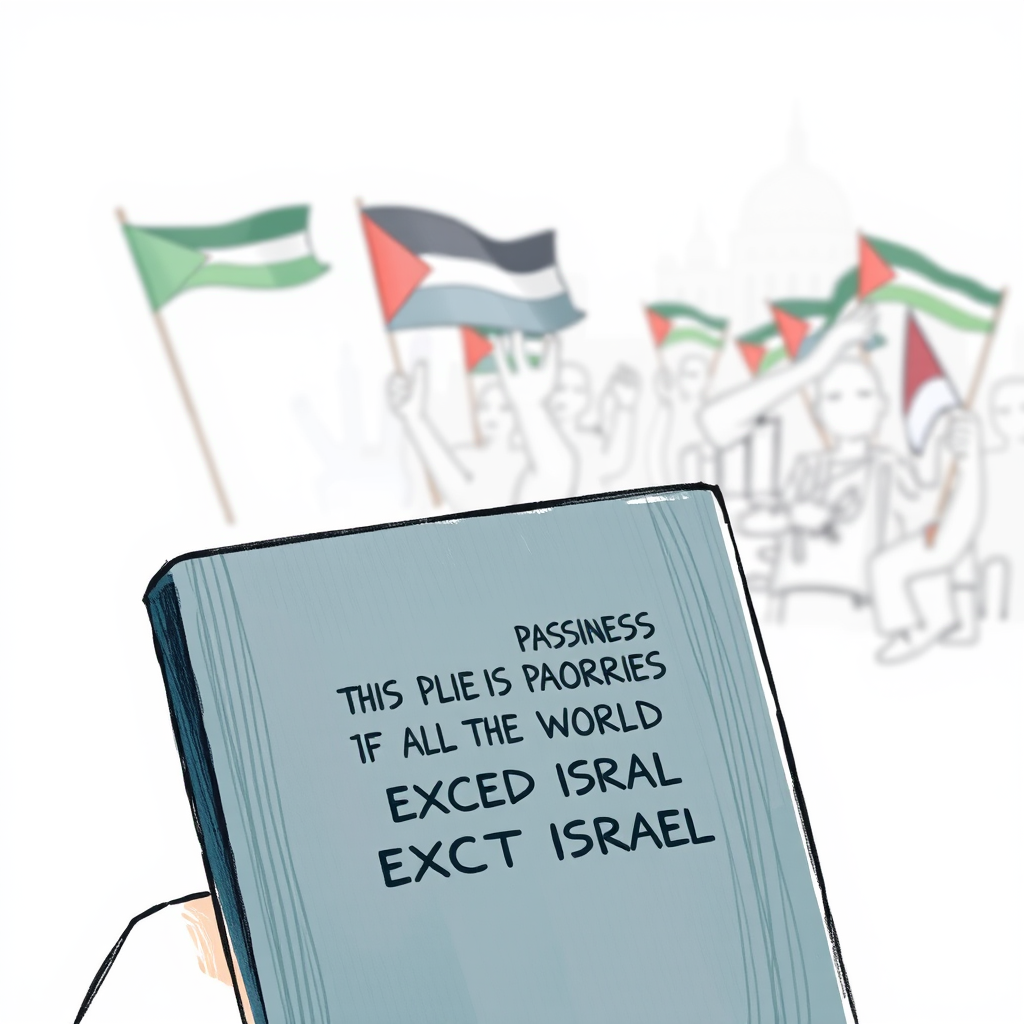Bangladesh Bans Israel Travel With Passport Rule

Bangladesh has reinstated a ban on travel to Israel, adding the inscription “THIS PASSPORT IS VALID FOR ALL COUNTRIES OF THE WORLD EXCEPT ISRAEL” to its passports. The move, enacted by the current interim government led by Muhammad Yunus, reverses a 2021 decision by the Sheikh Hasina administration to remove the clause. The reinstatement comes amid escalating public outrage in Bangladesh over Israeli actions in the Gaza Strip.
The Home Ministry directive, issued April 7th, instructs the passport and immigration department to re-implement the restriction on travel permits for Bangladeshi citizens. Deputy Secretary Nilima Afroze confirmed the directive to state-run news agency BSS.
The “Except Israel” policy wasn’t new. It was a standard feature of Bangladeshi passports for years before 2021. The Hasina government removed the inscription, citing a desire to align with international passport standards, while maintaining that Bangladesh’s position on Israel hadn’t changed. At the time, Foreign Minister AK Abdul Momen stated that while the phrase was dropped, Bangladeshi citizens traveling via third countries could obtain visas to Israel, as existing immigration laws didn’t explicitly prohibit such travel.
The decision to reinstate the ban appears directly linked to recent public demonstrations. Thousands protested in Dhaka, expressing solidarity with Palestinians and condemning Israeli actions. Protesters carried Palestinian flags, chanted pro-Palestine slogans, and symbolically targeted images of US President Donald Trump and Israeli Prime Minister Benjamin Netanyahu. Support for the rally came from both the Bangladesh Nationalist Party, led by Khaleda Zia, and various right-wing Islamic groups.
Bangladesh, a nation of 170 million predominantly Muslim citizens, does not maintain diplomatic relations with Israel and officially supports the establishment of an independent Palestinian state.
This move, while likely popular domestically, feels like a symbolic gesture with limited practical effect. While it reinforces Bangladesh’s longstanding political position, it doesn’t fundamentally alter the ability of Bangladeshi citizens to travel to Israel through alternative means. However, it sends a clear message of solidarity with the Palestinian cause and reflects the strong public sentiment within Bangladesh regarding the ongoing conflict. The reinstatement also highlights the delicate balance governments face between adhering to international norms and responding to domestic political pressures, particularly on sensitive geopolitical issues.